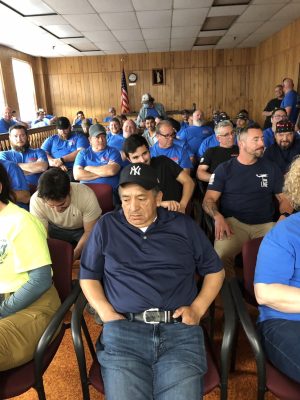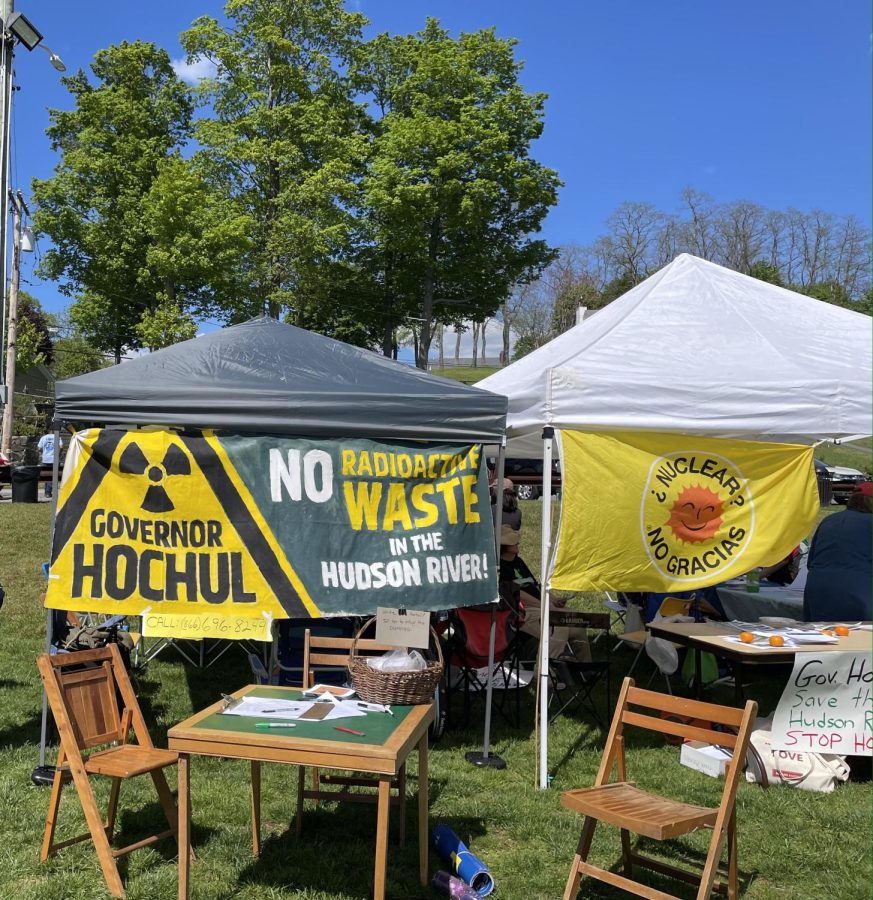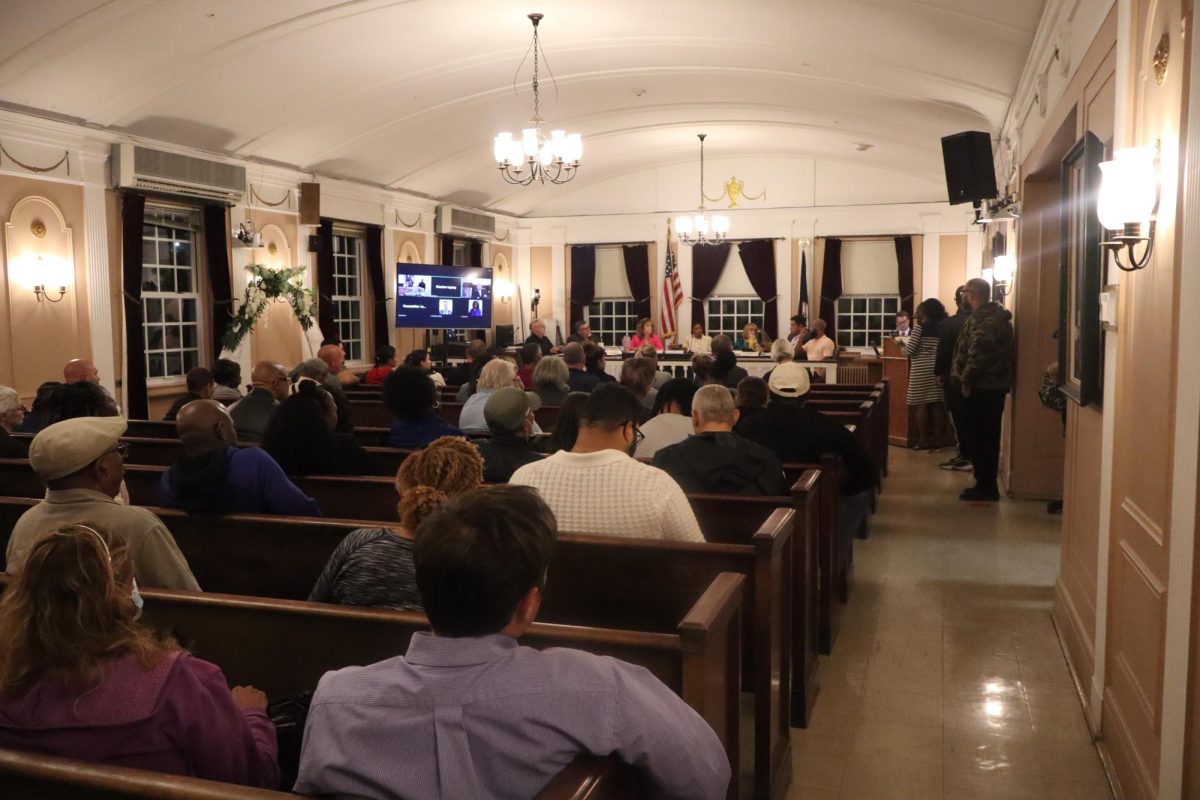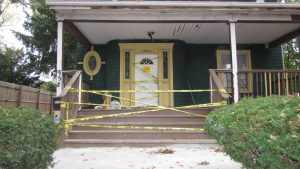Law banning radioactive dumping in Hudson passes state legislature
June 22, 2023
It took less than an hour for Albany lawmakers to get 2,500 messages to support a bill banning dumping radiological waste into the Hudson River during an informational virtual event Monday evening. The next day, the state Assembly passed the bill during a special legislative session. The bill now awaits Gov. Kathy Hochul’s signature before it becomes law.
The messages were part of Climate Action Now’s (CAN) Save the Hudson action party. Totaling just under 600 actions at the meeting’s start, community members blew past several of CAN’s goals and ended the night with 3,201 emails sent. Through the organization’s phone app, users can send a personalized, fact-checked message to government officials and media with just a few taps.
The action party was in support of A7208/S6893, which would prohibit dumping any radiological substances into the Hudson River while a nuclear plant is decommissioned. The bill sets out fines for dumping that start at $37,500 and increase to $150,000 for continued violations. It would also allow the State Attorney General to enforce these penalties.
Earlier this month, the ban passed unanimously in the State Senate, and with a 56-vote margin in the Assembly. Lawmakers returned to Albany for a special legislative session on Tuesday.
“It makes a huge difference, and it’s very empowering to know that you beat a multibillion-dollar company with its tentacles all over the planet. They have plans to ruin places even outside the country. But we are going to win, it is going to be because of our tremendous leadership up in Albany,” said event moderator Santosh Nandabalan, from the group Food & Water Watch. “We are going to make sure that people power prevails.”
The bill, which State Sen. Pete Harckham admitted was “very specific” in scope, is aimed at Holtec’s plan to discharge wastewater from the Indian Point nuclear plant later this summer. According to Harckham, this has been the nuclear industry’s standard procedure for the last five decades.
As the dumping ban sits on the Governor’s desk, some concerns linger. The local Carpenters and Operating Engineers unions were told there would be layoffs if the discharge ban is signed into law.
Assemblywoman Dana Levenberg said in a press release following the June 15th Decommissioning Oversight Board meeting that she believes Holtec is “[attempting] to enlist labor in an effort to stifle public discussion of our options.”
“I care deeply about all of my constituents, including our local workforce. I have been hearing concerns from three labor unions who are fearful of possible layoffs during the decommissioning of Indian Point. Because I am very concerned about local jobs, I asked multiple questions about the labor implications of different radioactive waste management options during last night’s Decommissioning Oversight Board meeting. I heard repeatedly that there is plenty of work to be done at various points during the decommissioning process.
“As an elected representative, it is my job to ensure that the public’s interest is represented in decision-making. The optics of last night’s meeting, in which people in branded t-shirts took up most of the seats available before the rest of the public was allowed to enter, are already undermining public confidence in the decommissioning process. It gives the impression that the pro-discharge forces are not open to a robust public discussion. If they are confident that the science and evidence unequivocally supports the safety of discharging the water, they should want skeptical members of the public to be able to come in and hear it and be convinced.

“We’re not fighting with organized labor,” Levenberg clarified on Monday’s Save the Hudson action call, “but we’re fighting because Holtec has put organized labor up against this issue, and it isn’t right. They shouldn’t be doing that. They shouldn’t be using their workers. They’ve said that there’s plenty of work to be done for the next 12 to 15 years at the minimum. And we know that that’s the case.”
While plant decommissioning falls under the jurisdiction and guidelines of the federal Nuclear Regulatory Commission, Richard Webster, an environmental attorney and the former legal director of the non-profit organization Riverkeeper, shared his belief that the state government is an untapped resource in an industry with regulations he calls “as favorable as possible for nuclear power interests.”
“I used to say it was kind of like playing soccer on a field where they tilted the field on a 45-degree angle,” said Webster. “So, you know, if you’re the public, you have to run up the 45-degree angle; if you’re the industry, you kick down the hill.”













